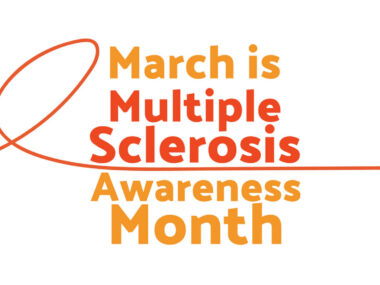In Blow to Teva, EU Approves Synthon’s Generic Version of Copaxone to Treat RRMS
Written by |

Synthon’s prefilled syringe with 40 mg/ml of glatiramer acetate — the generic version of Teva Pharmaceutical’s Copaxone 40 mg — has received regulatory clearance in all 28 member states of the European Union (EU) plus Iceland, Liechtenstein and Norway to treat relapsing-remitting multiple sclerosis (RRMS).
The low-dose formulation of 20 mg/ml glatiramer acetate developed by Synthon is available in most of these countries since the end of 2016. Now the Dutch pharmaceutical company will seek national marketing authorizations for its 40 mg/ml pre-filled syringes of generic glatiramer acetate.
“We are very pleased with this approval,” Synthon CEO Jacques Lemmens said in a press release. “It allows us to make an affordable version of the 40 mg/ml dosage strength of glatiramer acetate available to MS patients in Europe.”
This regulatory decision comes after the European Patent Office decided in favor of Synthon in a patent litigation with Israel’s Teva, allowing Synthon to produce and market its generic version of Copaxone.
While many drug companies are developing generic versions of Copaxone, Synthon is the only one that performed a large-scale Phase 3 clinical trial (NCT01489254) to evaluate both efficacy and safety of its generic glatiramer acetate relative to Teva’s Copaxone.
The “Glatiramer Acetate Clinical Trial to Assess Equivalence With Copaxone” (GATE) trial randomly assigned 794 RRMS patients to receive daily injections of 20 mg of generic glatiramer acetate, 20 mg of Copaxone, or placebo for up to nine months.
The trial showed that Synthon’s generic glatiramer acetate and Teva’s Copaxone were equally safe, tolerable and efficient. Clinical data supported the approval of marketing applications submitted to both the U.S Food and Drug Administration and the European Medicines Agency .
An additional 15-month extension of the GATE trial further demonstrated the two medication’s similarities. Follow-up clinical data showed that the therapeutic effects of generic glatiramer acetate were sustained over two years of treatment. In addition, patients had no issues when switching from branded to generic formulation.
Under an established collaboration agreement, Pfizer holds all U.S. commercial rights to Synthon’s glatiramer acetate.


